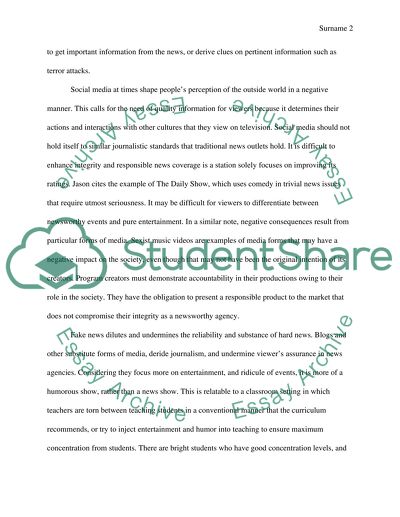Cite this document
(Negative Effects of News from Social Media Assignment - 3, n.d.)
Negative Effects of News from Social Media Assignment - 3. Retrieved from https://studentshare.org/media/1693500-essay-2
Negative Effects of News from Social Media Assignment - 3. Retrieved from https://studentshare.org/media/1693500-essay-2
(Negative Effects of News from Social Media Assignment - 3)
Negative Effects of News from Social Media Assignment - 3. https://studentshare.org/media/1693500-essay-2.
Negative Effects of News from Social Media Assignment - 3. https://studentshare.org/media/1693500-essay-2.
“Negative Effects of News from Social Media Assignment - 3”, n.d. https://studentshare.org/media/1693500-essay-2.


